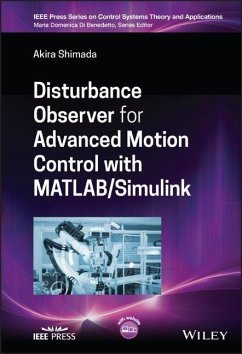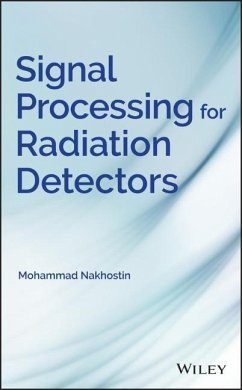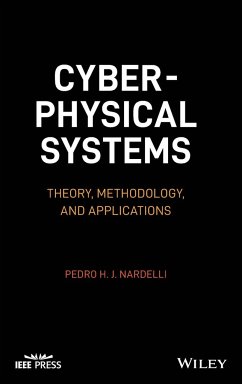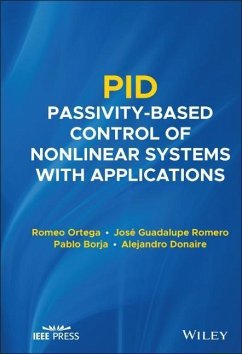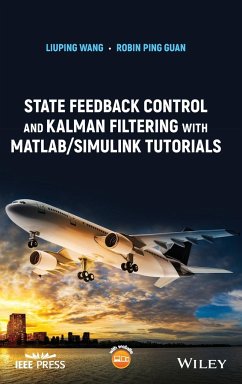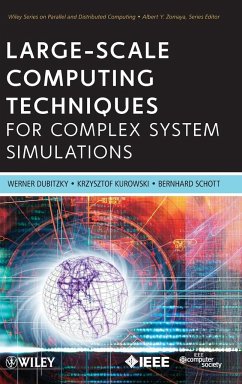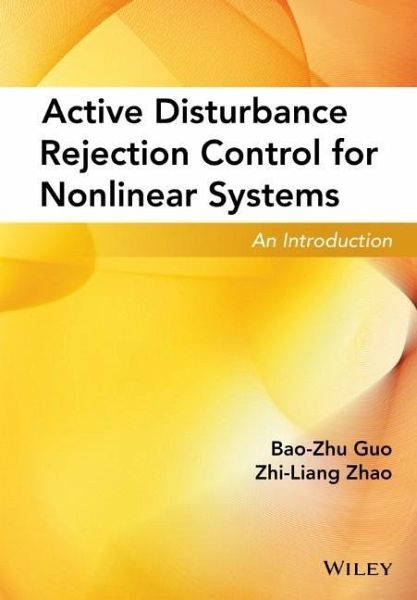
Active Disturbance Rejection Control for Nonlinear Systems
An Introduction
Versandkostenfrei!
Versandfertig in über 4 Wochen
135,99 €
inkl. MwSt.
Weitere Ausgaben:

PAYBACK Punkte
68 °P sammeln!
A concise, in-depth introduction to active disturbance rejection control theory for nonlinear systems, with numerical simulations and clearly worked out equations
_ Provides the fundamental, theoretical foundation for applications of active disturbance rejection control
_ Features numerical simulations and clearly worked out equations
_ Highlights the advantages of active disturbance rejection control, including small overshooting, fast convergence, and energy savings
_ Provides the fundamental, theoretical foundation for applications of active disturbance rejection control
_ Features numerical simulations and clearly worked out equations
_ Highlights the advantages of active disturbance rejection control, including small overshooting, fast convergence, and energy savings





